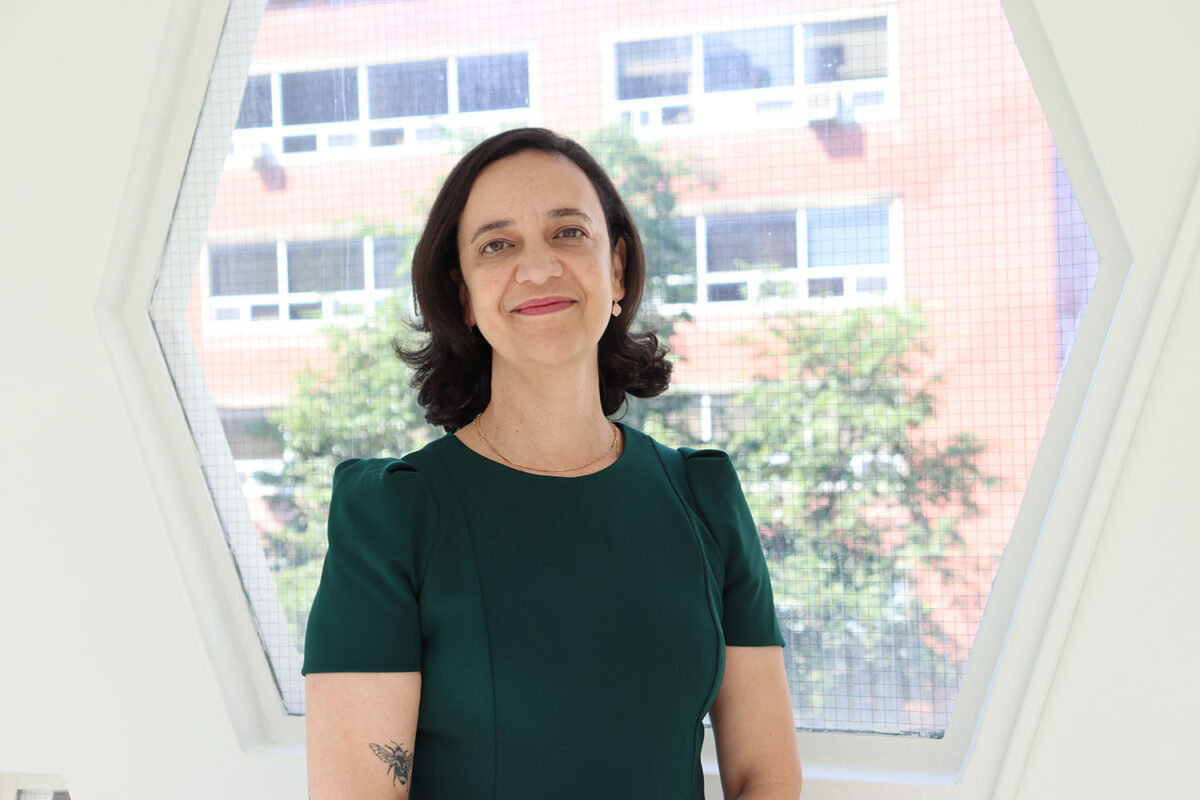Mariana Bueno first came to the Lawrence Bloomberg Faculty of Nursing in 2008 as part of a six- month International Visiting PhD program. She was eager to enhance her knowledge and research skills as part of her PhD work in Brazil at the University of São Paulo’s School of Nursing, and to connect with other leading nurse researchers in the field. Fast forward a few years, and Bueno has returned to Bloomberg Nursing, this time as an assistant professor (tenure stream). She began her new role on July 1.
“Coming back to Bloomberg Nursing as a faculty member is a privilege. I have always felt welcome and supported here,” says Bueno. “The Faculty creates an environment that is encouraging of your success in your research and teaching activities, and I am very much looking forward to this new opportunity.”
As a researcher, Bueno is focused on improving pain for infants in the NICU through implementation science. It is an area of research she says is integral to minimizing the negative outcomes of pain in infants. Pain, Bueno says, is a universal experience, but persistent and untreated pain experienced at an early age, such as by preterm and hospitalized infants, can result in long-term consequences. This can impact the infant’s growth and development, as well as other conditions related to anxiety, including a fear of needles, fear of healthcare procedures, and lack of trust in the healthcare system.
“This is a challenging area of research. Over the years, I noticed that neonates and infants continued to experience pain in NICUs despite the growing body of knowledge on pain management. Therefore, my program of research expanded to develop dissemination and implementation interventions to improve neonatal pain care.” says Bueno.
Part of Bueno’s ongoing research is examining the effectiveness of evidence-based interventions to improve pain practices in NICUs. What Bueno is focused on now, is understanding how these strategies can be implemented consistently within daily clinical practice, bridging the gap between science and clinical practice.
As for her role in the faculty as both a researcher and nurse educator, Bueno says she is looking forward to imparting some of the wisdom that she has built through her program of research.
“I would like to inspire Bloomberg Nursing students to use knowledge and evidence in their own daily practice”,” says Bueno. “Through the use of evidence-based interventions, we can further elevate the quality of care, and foster better outcomes for patients and their families.”
